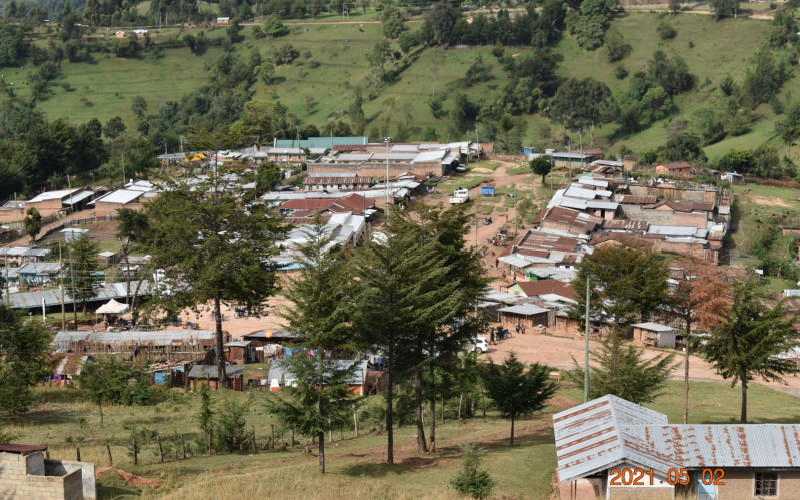×
The Standard e-Paper
Smart Minds Choose Us

If you love alcohol, then you will need to think twice before visiting some parts of North Rift.
You will not find any alcohol at Kaptuli trading centre in Uasin Gishu County. It is even worse in Pokot South, West Pokot County, as the entire sub-county does not have a single bar or liquor store.







